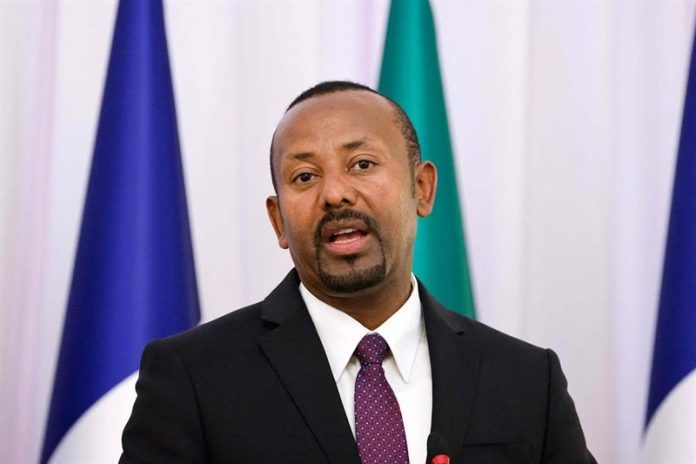Facebook Twitter (X) Instagram Somali Magazine - People's Magazine
The Ethiopian Ministry of Foreign Affairs (MFAE) has firmly denied allegations from Somalia’s government that Ethiopian forces attacked Somali National Army (SNA) bases in Doolow. In a statement issued on December 24, 2024, Ethiopia dismissed the claims as baseless, attributing the incident to “elements” seeking to disrupt relations between the two nations.
“The allegation is not true,” the MFAE declared, expressing dismay over Somalia’s accusations. Ethiopia believes the incident was orchestrated by “third parties” intent on destabilizing the Horn of Africa and undermining recent peace efforts between the two nations.
Somalia Condemns Alleged Attack
Somalia’s Ministry of Foreign Affairs has maintained its position, condemning the alleged actions of Ethiopian forces. In a statement, Somalia described the attack as targeting three military bases in Doolow, a border town in Jubaland, causing unspecified casualties. The Somali government called the incident a violation of sovereignty and demanded accountability.
During a recent meeting in Addis Ababa, Somalia’s State Minister for Foreign Affairs, Ali Mohamed Omar, protested the alleged actions. Ethiopia reportedly committed to investigating the matter and working with Somalia to prevent future incidents.
The Role of Third Parties
Ethiopia’s statement suggested that unnamed “third parties” were responsible for instigating the Doolow incident. These actors, according to Ethiopia, aim to derail the normalization of relations as outlined in the Ankara Declaration, a peace agreement signed on December 11, 2024. However, Ethiopia did not specify who these third parties might be.
The Ankara Declaration sought to resolve nearly a year of hostility following Ethiopia’s controversial agreement with Somaliland to develop a port and military base. Somalia viewed this as an affront to its territorial integrity, leading to diplomatic and military tensions.
Complicating Regional Alliances
The incident in Doolow has broader implications for the Horn of Africa, a region already fraught with political and security challenges. Somalia’s Foreign Minister, Ahmed Moalim Fiqi, has been strengthening ties with regional allies, including Egypt and Eritrea. Recent agreements include a tripartite security pact and a military cooperation deal with Egypt, which plans to deploy 10,000 troops in Somalia under bilateral and African Union arrangements.
Some analysts speculate that Egypt’s growing influence in Somalia could be a factor in the region’s tensions. Egypt has historically opposed Ethiopia’s efforts, particularly regarding the Grand Ethiopian Renaissance Dam (GERD), and may have an interest in preventing closer ties between Ethiopia and Somalia.
Ankara Declaration Under Threat
The Doolow clash poses a significant challenge to the Ankara Declaration. The agreement, brokered by Turkey, marked a breakthrough in Somali-Ethiopian relations, offering Ethiopia access to Somalia’s coastline while affirming Somalia’s sovereignty. The recent accusations could jeopardize this fragile progress.
Somalia’s condemnation and Ethiopia’s denial leave the international community questioning the veracity of both sides. Ethiopian and Somali officials have pledged to investigate the incident, but the lack of clarity and trust complicates the path forward.
Regional Stability at Risk
The Horn of Africa remains a geopolitical hotspot, with Ethiopia, Somalia, and neighboring nations navigating complex alliances and rivalries. The involvement of external actors like Egypt and Turkey adds another layer of complexity. As Ethiopia and Somalia grapple with the fallout from the Doolow incident, their ability to maintain peace and stability will be crucial for the region.
Conclusion
The allegations and denials surrounding the Doolow incident underscore the fragility of peace in the Horn of Africa. Whether this is a result of internal tensions, third-party interference, or miscommunication, both nations must prioritize dialogue and transparency to uphold the Ankara Declaration and foster regional stability.

